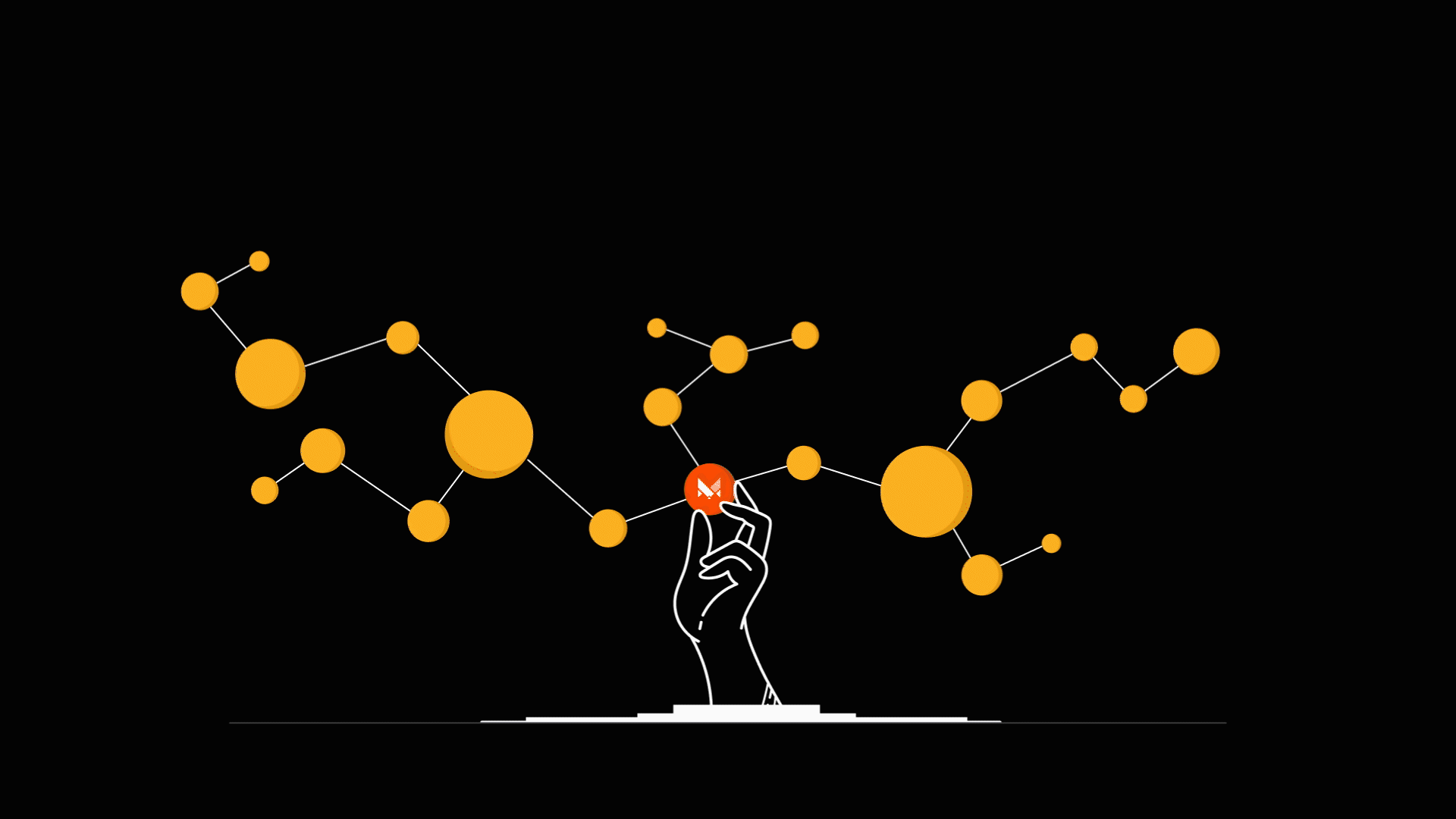Compliance
with One Line of Code

Our Products
Connect smart contracts with up-to-date off-chain data without oracles.
Molecule Protocol is a hackathon winning composable middleware that enable smart contracts to access updatable off-chain data and services without the need of oracles.

Featured Use Case

Add one line of code for Making your Dapp Compliant with General Sanction Lists
Service provider feature allows designated service providers to create their own custom access lists to block addresses that are associated with illicit parties/activities.
Add Custom access list for your Dapp using Molecule Service provider feature
Custom access list feature allows Molecule users to create their own custom access lists to block addresses on-demand.

How to Integrate Solidity

Frequently Asked Questions
What is Molecule Protocol?
How to Integrate Molecule Protocol?
What are Molecule Controller and Molecule Logic Contracts?
General Sanction List vs Service Provide Sanction List
What are NFT-based Allowlists?

Still have questions?




